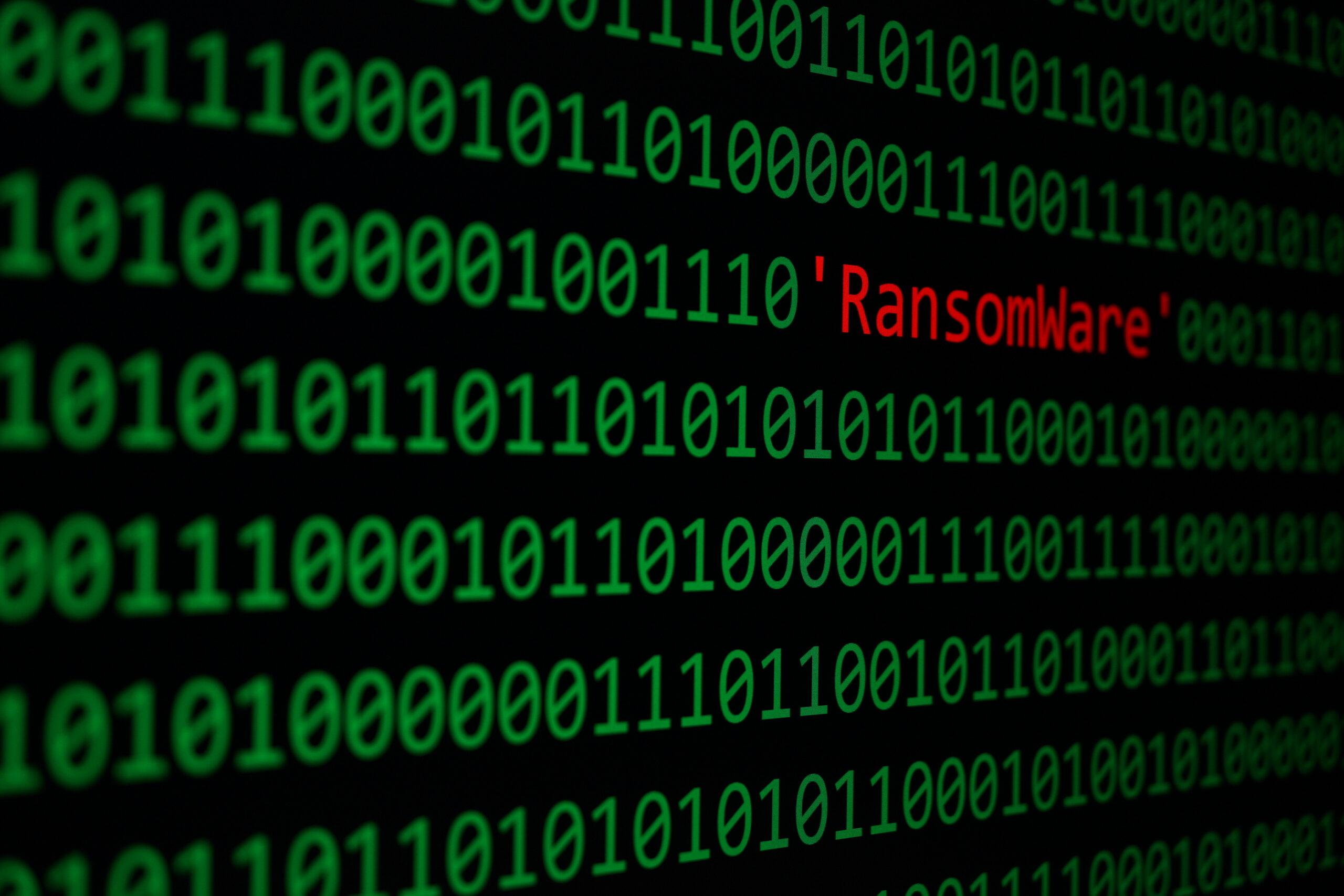Ransomware attacks are such a serious threat to organizations that in October of 2019, the FBI put out a Public Service Announcement (PSA) about this dangerous threat and the increasingly significant losses incurred due to ransomware. One thing we have seen is healthcare is one of the biggest ransomware targets today.
The PSA was titled, “High-Impact Ransomware Attacks Threaten U.S. Businesses and Organizations” and it was based upon years of data collected from reports of these attacks. It also specifically mentioned that ransomware attacks target health care organizations, along with industrial companies, governments, and the transportation sector.
Ransomware is particularly dangerous to those working in healthcare because it can cause problems with HIPAA compliance and result in hefty fines on top of the costs of dealing with the ransomware attack itself.
So far in 2019, estimated ransomware losses for the healthcare industry are $25 billion.
Hospitals, doctor and dentist offices and others in the healthcare fields are targeted by ransomware more than any other industry and there are some specific reasons why.
How Ransomware Works & Why Healthcare Professionals are the Biggest Ransomware Targets
To understand why the healthcare industry is such a popular target of ransomware attackers, we first need to discuss how ransomware works.
In a ransomware attack, the malware is typically delivered by:
- Phishing email
- Unpatched software or operating systems
- Weak or stolen passwords
Once the ransomware is in your network, it encrypts all your files, making them inaccessible and typically taking entire networks down. The attacker then demands a ransom from the victim, generally in the form of untraceable bitcoins, to provide the encryption key to make the files usable again.
Ransomware attacks are designed to get the ransom paid as fast as possible because the code has crippled an organization. If that organization doesn’t have a reliable and easily recoverable data backup in place, they often have no choice but to pay the ransom.
Some Healthcare Ransomware Examples
In June 2019, NEO Urology and 5 other healthcare providers were hit with ransomware attacks and locked out of their systems. They were down for 3 days and forced to pay a $75,000 ransom to regain access.
Another attack in 2019 was on a Boston-based software vendor for organizations that provided elderly or disabled care. They had a back up, so they avoided paying a ransom, however that didn’t prevent them from having patient health information exposed, meaning a HIPAA violation.
Three Alabama hospitals of DCH Health Systems had their networks crippled in ransomware attacks in early October 2019. They had to divert patients and resort to using paper instead of digital records. They didn’t disclose the amount, but they did end up paying the ransom to the attacker.
Why is Healthcare Such a Big Target?
The main reason that the healthcare industry is such a big target for ransomware is the nature of the information they store. Not having access to a patient’s health record can be a life or death situation. Hackers know that healthcare providers are one of the most motivated groups to get their data back as soon as possible.
The necessity of needing access to patient health information means that many healthcare providers will pay a ransom and pay it quickly, where other industries may not be as quick to pay.
Best Ways to Protect Yourself from a Ransomware Attack
Ransomware attacks not only mean a HIPAA violation if patient information is exposed, it also means your facility may be out of operation for hours or days, as has happened with the victims mentioned above.
Here are the best ways to protect yourself from a ransomware attack.
Solid Backup & Recovery
Nothing replaces the protection you get when you have a backup of all your data and a way to easily restore it when needed. Backup and disaster recovery means that in the event of an attack, you can clean your system and quickly restore your data without having to pay a cent to the attacker.
Managed Security & Patch Updates
Operating systems, firmware, and software that aren’t updated when a patch comes out are vulnerable to be exploited and infected. The best way to ensure that all your devices are being updated in a timely manner is to use managed IT security services that handle all the updates for your team.
Anti-Phishing Awareness & Training
A majority of ransomware and other malware gets into a network thanks to a phishing attack. An unsuspecting employee gets fooled, and one click on a malicious link is all it takes. Regular staff training on anti-phishing, HIPAA compliance, and other important cybersecurity information goes a long way towards strengthening your human defenses.
Whitelisting & Zero-Trust Applications
With the growing sophistication of today’s ransomware, often new code is deployed that hasn’t yet been identified in a threat database. These are called Zero-Day threats. The best way to protect your network against them is to put security applications into place that only allow previously whitelisted applications to run programs. This is also called “zero-trust” because the system doesn’t’ extend trust to any unknown programs.
How Could the Massive Data Breach of Visa and MasterCard Affect Healthcare Providers and HIPAA Protected Records?
The massive visa and mastercard data breach has raised concerns about its potential impact on healthcare providers and HIPAA protected records. Such breaches involve the unauthorized access to sensitive financial data of individuals, which could lead to identity theft or fraud. In the context of healthcare, this breach could compromise patient privacy and the security of their protected health information. Consequently, healthcare providers need to ensure robust cybersecurity measures to prevent similar breaches and safeguard patient data.
How Can the Changes to the Domain Transfer Policy Help Safeguard HIPAA Protected Records from Ransomware Attacks?
The recent domain transfer policy changes in december have played a significant role in safeguarding HIPAA protected records from ransomware attacks. These modifications have imposed stricter guidelines and protocols for transferring domains, ensuring enhanced security measures are in place. By implementing these changes, organizations dealing with sensitive patient data can better protect themselves against potential ransomware threats, ultimately safeguarding the privacy and integrity of HIPAA protected records.
Prevent Network Attacks that Could Close Your Business
Ransomware attacks often cause facilities to close for extended periods of time, putting a significant dent in their operations as well as leaving them open to stiff HIPAA violation penalties. ZZ Servers are experts at network security and can help you safeguard your data against even the most sophisticated threats.
ZZ Servers makes it easy for health professionals to navigate HIPAA rules by managing your practice’s IT security for one affordable, flat monthly rate. Ensure the security and efficiency of your network and stay in compliance without worry.
Contact us today for a free HIPAA compliance consultation. Call 800-796-3574 or reach us online



